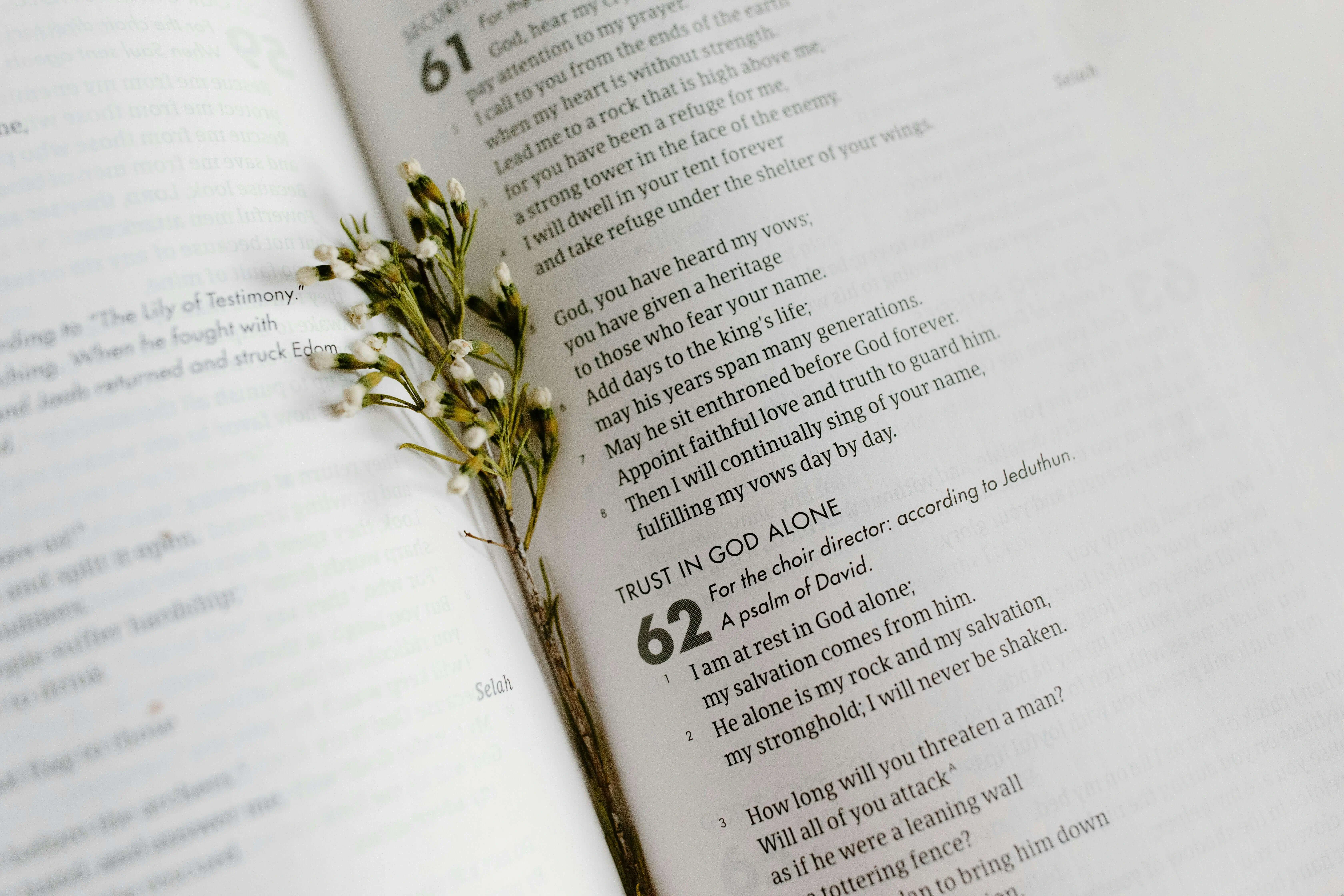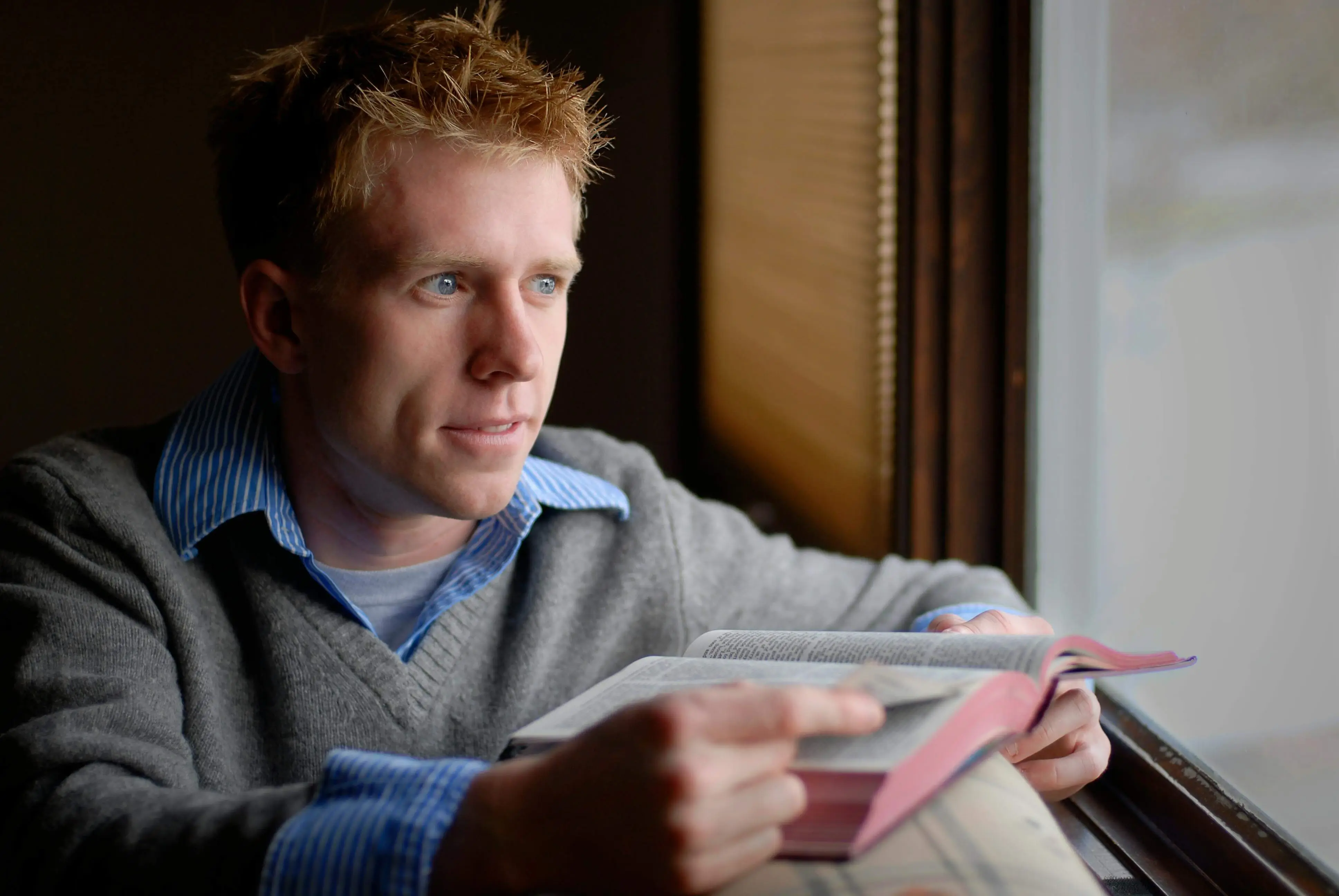
What the Psalms Teach Us About Praising God in Every Season
Life moves in seasons—joy and sorrow, work and rest, growth and waiting. Through all of it, the book of Psalms shows us how to speak to God and how to listen for Him. The Psalms are more than ancient poems. They are personal prayers, heartfelt songs, and worship tools that speak into every rhythm of life.
The Psalms are often woven into weekly worship at churches that offer traditional Lutheran services in West Palm Beach. They teach us that God welcomes every emotion—joy, grief, gratitude, doubt—and meets us in each season with grace.

Praise Through All of Life’s Rhythms
The Psalms do not avoid pain or pretend that life is always simple. Instead, they lead us through real human experience. Whether we are rejoicing or wrestling, the Psalms offer language for the soul.
Psalm 100: Praising with Joy
“Make a joyful noise to the Lord, all the earth!” (Psalm 100:1)
This psalm is short, but it’s full of energy and thanksgiving. It reminds us that God’s goodness and faithfulness are reasons to celebrate. Whether in the sanctuary or on a morning walk, praising God with gladness is an act of faith.
Joy doesn’t always mean happiness. It’s a deep confidence that God is good and worthy of praise, even when life feels uncertain. Psalm 100 calls us to worship with gladness, knowing we belong to a faithful Shepherd.
Psalm 23: Finding Rest in God
“He makes me lie down in green pastures. He leads me beside still waters. He restores my soul.” (Psalm 23:2-3)
One of the most beloved psalms, Psalm 23, is often read during times of grief, but its message is much broader. It speaks of God’s daily care and provision.
In seasons of fatigue or worry, Psalm 23 invites us to rest. It reassures us that God is not far off—Walking with us, guiding us, and renewing our spirits.
Psalm 51: Seeking Renewal and Grace
“Create in me a clean heart, O God, and renew a right spirit within me.” (Psalm 51:10)
This psalm is a prayer of repentance. King David wrote it after a season of deep personal failure. It shows us that God is ready to forgive and restore even in our worst moments.
Psalm 51 reminds us that we never outgrow our need for grace. When we come honestly before God, He meets us with mercy. This is the heart of Lutheran worship: acknowledging our brokenness and trusting in God’s promise to redeem.
Psalm 46: Holding on Through Trouble
“God is our refuge and strength, a very present help in trouble.” (Psalm 46:1)
Life includes hardship. Psalm 46 speaks into fear, change, and chaos with a steady voice of trust. It tells us that God is with us even when mountains fall and waters roar.
This psalm encourages us to pause: “Be still, and know that I am God.” Stillness doesn’t mean inaction—it means trust. Psalm 46 grounds us in God's unshakable presence in times of change or fear.
Psalm 145: Passing Praise to the Next Generation
“One generation shall commend your works to another, and shall declare your mighty acts.” (Psalm 145:4)
This psalm praises God's character and calls for the faithful to speak of His greatness across generations. It’s a call to share what we’ve seen God do within families, church communities, and worship.
Psalm 145 is a celebration of who God is, and it reminds us that our faith is meant to be shared. Praising God aloud encourages those around us and helps carry His truth forward.

Are You Looking for a Church That Offers Traditional Lutheran Services in West Palm Beach?
The Psalms are relevant for us today, offering words for our prayers and guiding our worship. If you seek a church that values these timeless expressions, consider joining us at First Evangelical Lutheran Church. We read, sing, and pray the Psalms as part of a worship life grounded in grace, Scripture, and tradition. There's a place for you here, whether in joy, sorrow, or quiet reflection.
Related Newsletter

What to Do When You Want to Return to Church but Feel Nervous

How to Talk About Lent and Easter with Little Ones (Without Overwhelming Them)

What Luther Meant by ‘Baptized and Set Free’


.png)